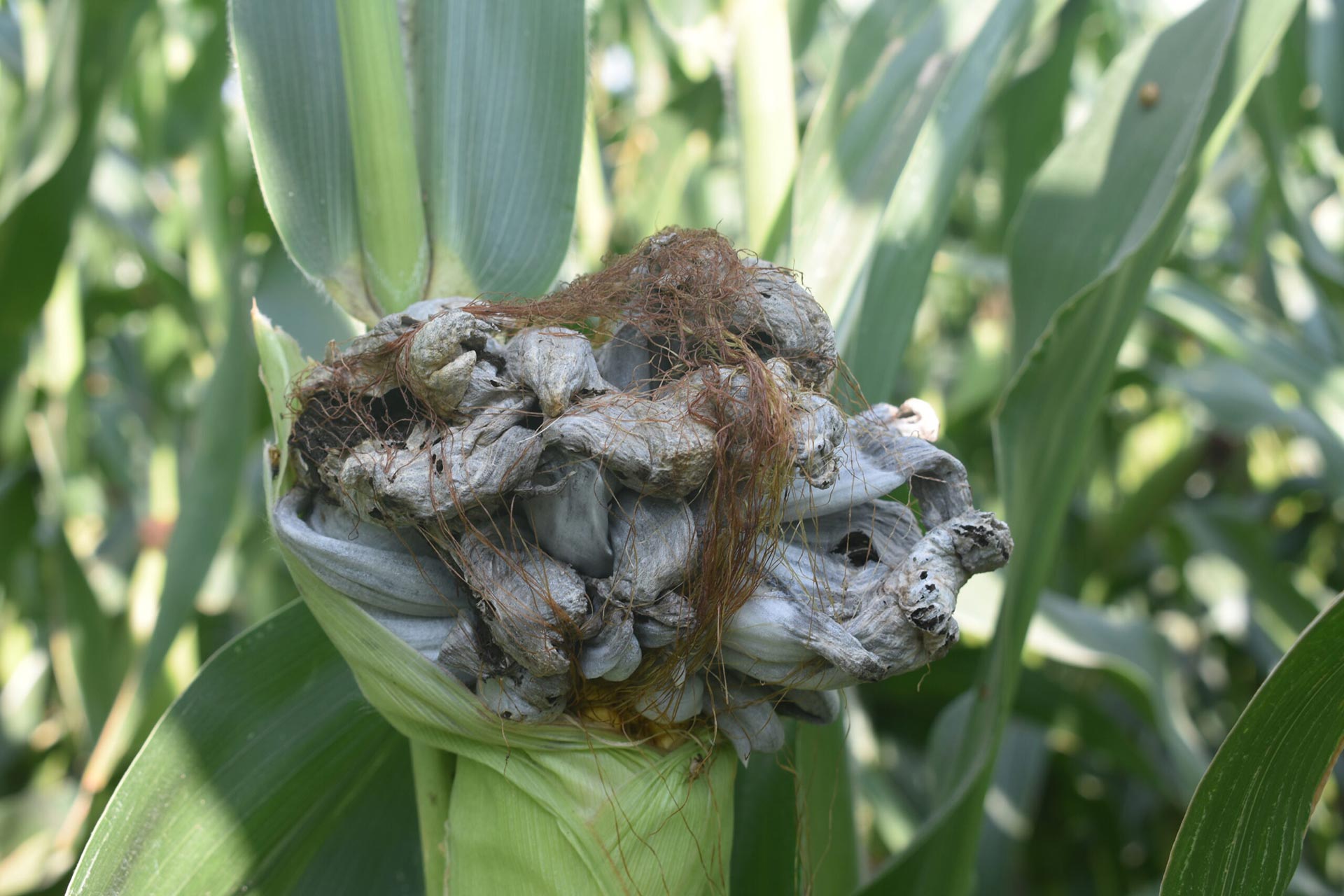Related Production Resources

-
November 24, 2025
Unlike annual weeds that complete their life cycle within one year, perennial weeds live for multiple years, becoming dormant in… Read More

-
July 2, 2025
Learn to diagnose common smut, common rust, Goss's wilt and more. Read More

-
July 2, 2025
Learn to diagnose Anthracnose stalk rot, Fusarium stalk rot, Gibberella ear rot and more. Read More
-
June 4, 2025
Your weed management plan shouldn’t end after you’ve sprayed! Scouting after a post-emergence herbicide application is an important step in… Read More

-
April 29, 2024
Early season weed control can be key to optimizing yield and giving your crop a good head start. Even small… Read More

-
April 26, 2024
In Manitoba, field corn is grown for grain or silage production. The majority of grain corn produced in Manitoba supplies… Read More

-
April 8, 2024
Hybrid selection in sunflower can be difficult. Seed companies provide an abundance of information on specific traits, but all this… Read More
-
December 5, 2023
Waterhemp and Palmer amaranth are pigweeds in the genus Amaranthus. While more common members of this genus such as redroot… Read More
-
October 4, 2023
As the 2023 crop year wraps up, we take a look back at some of the top crop issues of… Read More
Related Research Projects
Manitoba Crop Alliance’s research program invests in research that will make every Manitoba farmer member more productive and sustainable, providing data to help members make decisions for their operations.






